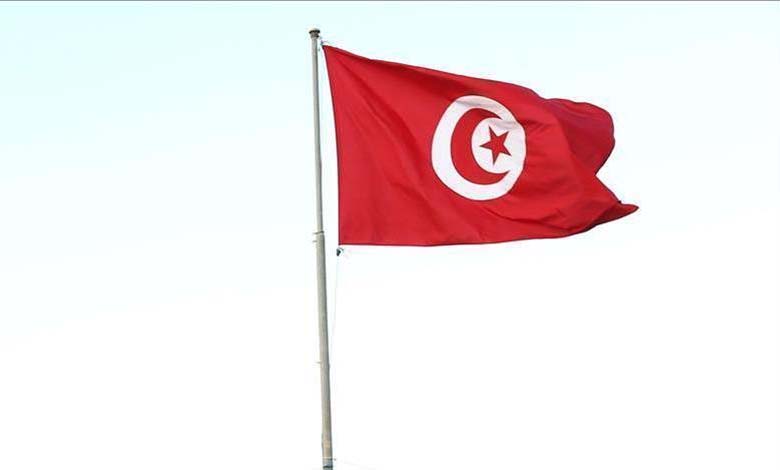Tunisia preempts parliamentary elections by banning political propaganda

The Tunisian authorities banned all activities related to the propaganda of the parliamentary elections scheduled for next December.
The Independent High Commission for Elections in Tunisia, headed by Farouk Bouaskar, announced that all activities related to political propaganda and opinion polls related to the parliamentary elections would be banned at the beginning of the electoral period.
The ban begins at midnight when the legislative election period takes effect, leading to early elections on December 17th.
During the electoral period, the electoral law prohibits “political publicity (propaganda)” and prohibits the broadcast and publication of the results of opinion polls that are directly or indirectly related to elections and related studies and press commentary through various media outlets.
The parliamentary elections will be the last stop on the political road map outlined by President Kais Saied after he announced extraordinary measures in 2012 and scrapped the 2014 constitution and dissolved parliament and other constitutional bodies.
Tunisian President Kais Saied last week announced a call for early parliamentary elections. Elections abroad will be held on December 15th, 16th and 17th, and will be held internally on December 17th.
The election campaign starts 21 days before the elections, and the first plan of the electoral commission’s work will be to update the lists of voters, who number about 7.2 million voters.
On September 15, Tunisian President Kais Saied issued a new electoral law, to replace the one issued after 2011.
The new electoral law reduced the number of members of parliament that will emerge from the upcoming parliamentary elections from 217 to 161 deputies, and increased the number of electoral districts to 161 distributed between 151 inside Tunisia and 10 outside of it, compared to 33 previously, including 6 abroad.












